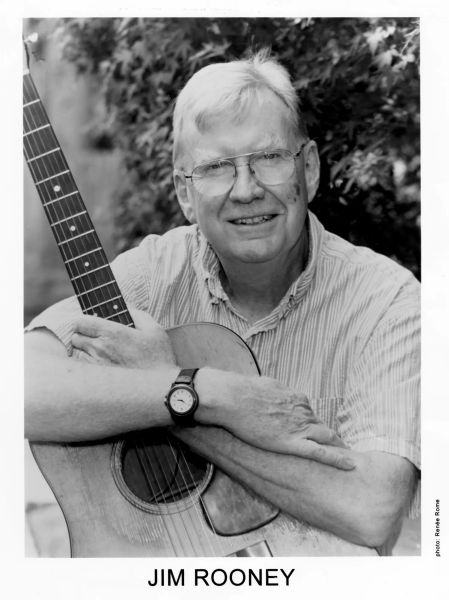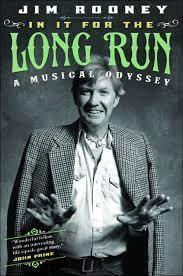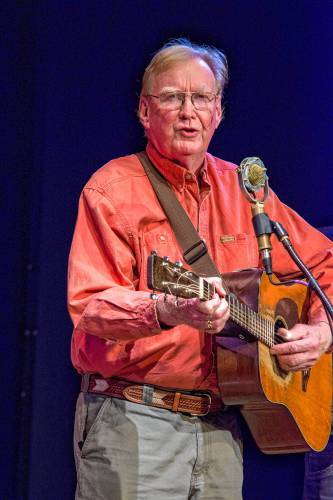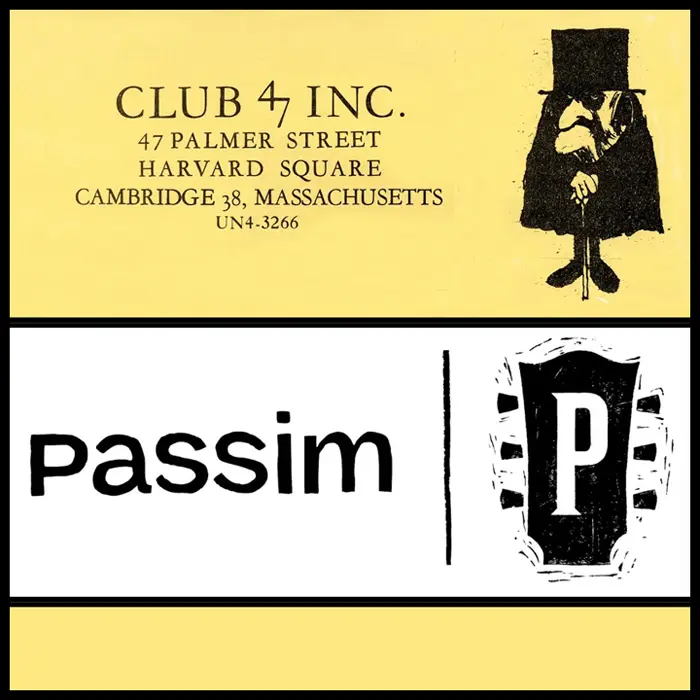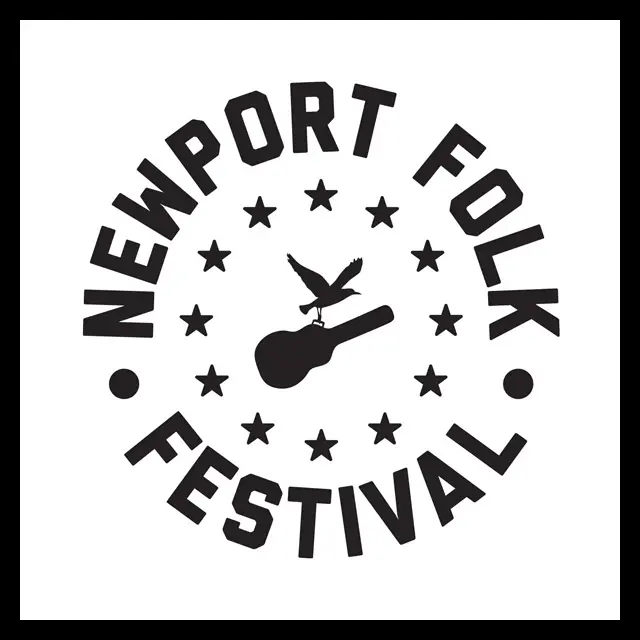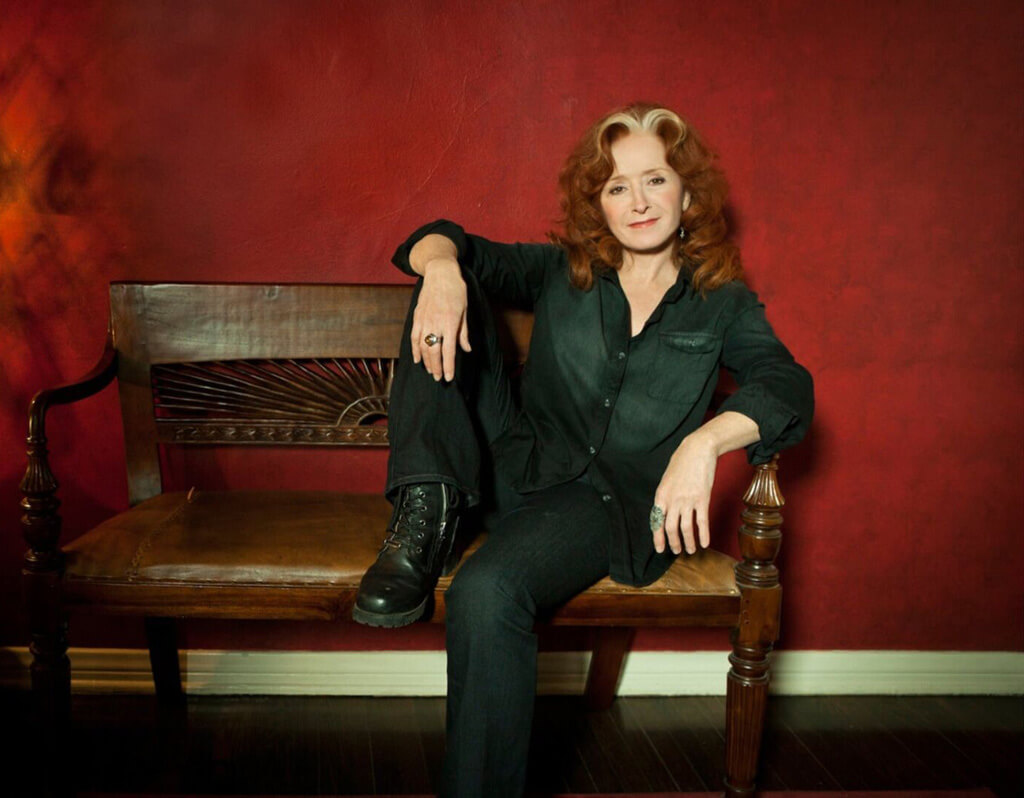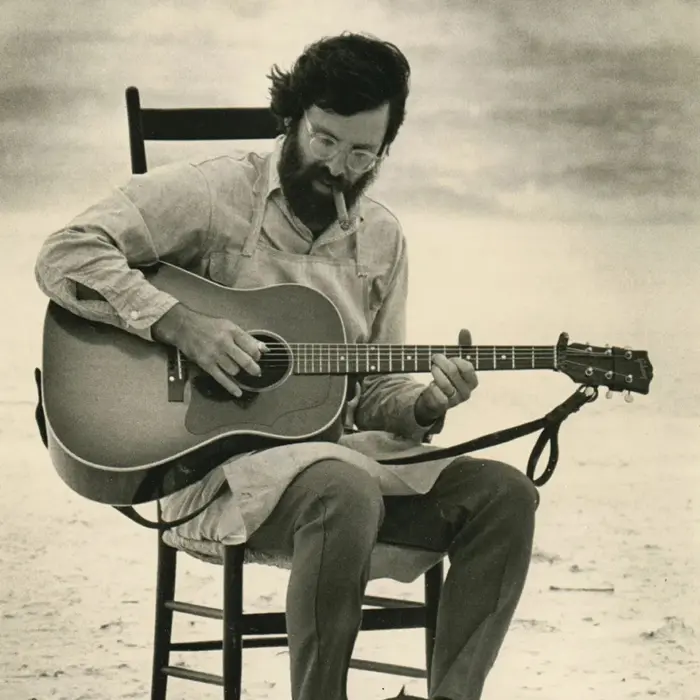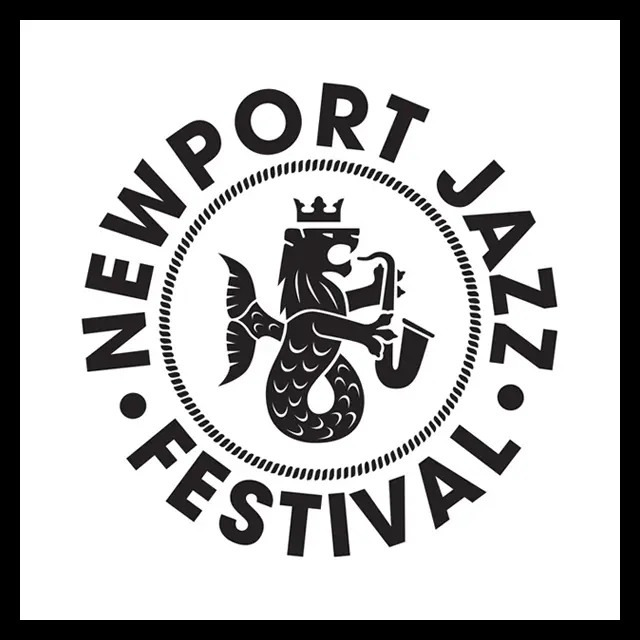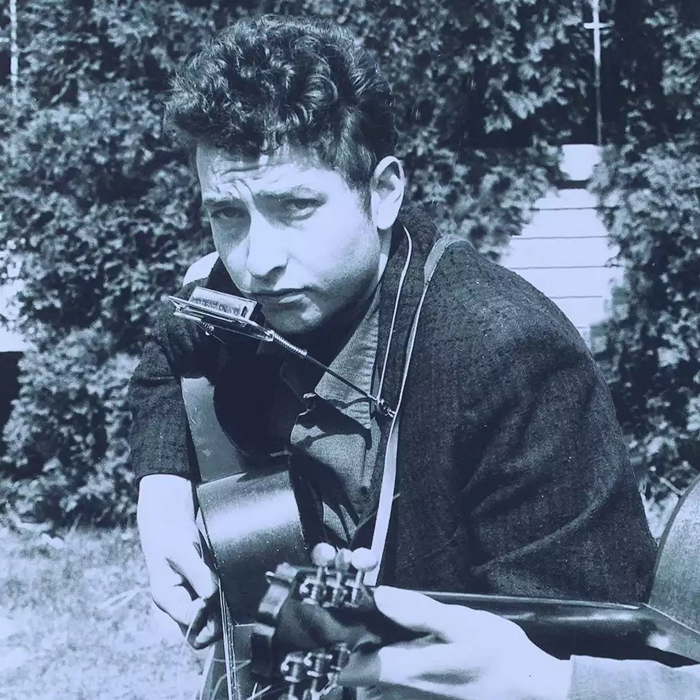Jim Rooney
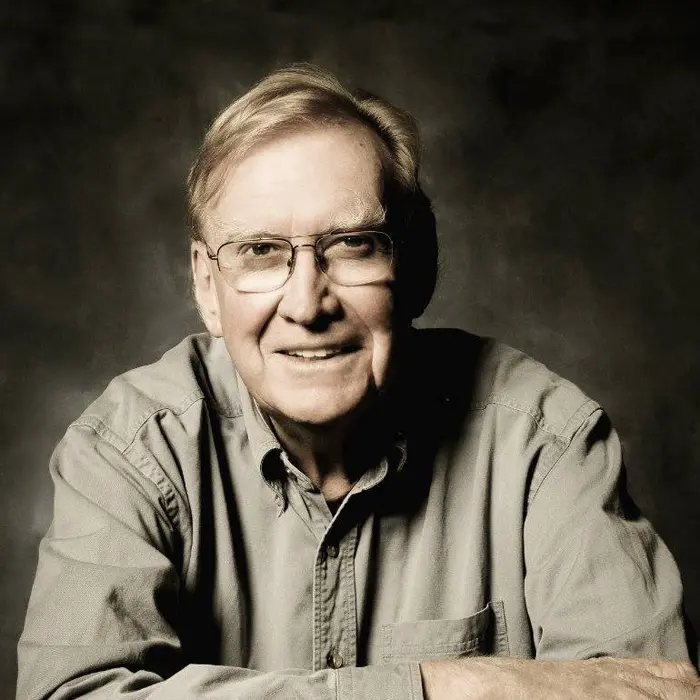
Internationally acclaimed producer, recording engineer, songwriter, musician, singer and Americana pioneer Jim Rooney became utterly immersed in New England’s folk and country music scenes from the moment he appeared on the WCOP’S Hayloft Jamboree in 1954 at age 16. And that set the path for the rest of his life.
Born in Boston on January 28, 1938, he graduated from Amherst College in 1960 and earned a master’s degree in classical literature from Harvard. As part of a generation for whom “folksinger” meant not just performing but also being diligent about folklore scholarship, Rooney’s spent a lifetime exploring songs’ roots in the same way as folk icons Alan Lomax, Mike Seeger, Paul Clayton, Dave Van Ronk and Eric von Schmidt.
Club 47, Newport festivals, Songwriting, Producing
In the mid-1960s, he played a vital role in New England’s folk revival, first as manager of Club 47 in Cambridge, then as director of and talent coordinator for the Newport Folk Festival and as producer, tour director and stage manager of the Newport Jazz Festival. He’s recorded and/or produced albums covering a wide variety of subgenres now classified as “Americana” – from folk and bluegrass to country and folk-blues – while penning and/or producing hundreds of tunes recorded by other artists.
Rooney has written songs recorded by a slew of artists including country-music megastar Garth Brooks and produced albums for some of the most influential post-Dylan singer-songwriters such as Townes Van Zandt, John Prine, Iris DeMent and Nanci Griffith, whose Rooney-produced 1993 LP Other Voices, Other Rooms won a Grammy for Best Contemporary Folk Album.
Woodstock, Bearsville Sound, Nashville, Books
In 1970, after having made indispensable contributions to the folk and jazz scenes in New England for over a decade, Rooney moved to Woodstock to become the manager of Albert Grossman’s newly opened Bearsville Sound Studio, which producer Jimmy Iovine has called “one of the top three or four studios in the world.” In that role, he worked elbow-to-elbow with blues icon Muddy Waters and “Father of Bluegrass” Bill Monroe and produced records by The Band, Todd Rundgren, Townes Van Zandt, Hal Ketchum and Bonnie Raitt.
While living in Woodstock, Rooney was a member the Woodstock Mountains Revue, an informal affiliation of folk musicians living in the area who recorded together occasionally. In 1975, he released a solo album, One Day at a Time, and in 1976 he moved to Nashville, where he still lives, working in both the creative and production sides of the country-music scene.
Rooney has penned three books, Bossmen: Bill Monroe & Muddy Waters (Dial Press, 1971), Baby, Let Me Follow You Down: The Illustrated History of the Cambridge Folk Years (University of Massachusetts Press, 1979, co-written with Eric von Schmidt) and the memoir In It for the Long Run: A Musical Odyssey (University of Illinois Press, 2014) in which he gives his front-row perspective on the milestones, personalities and legacy of the folk-music boom in the latter half of the 20th century.
2000s: Albums, Awards, Career reflections
In 2001, Rooney recorded the album My Own Ignorant Way with his backing band, Rooney’s Irregulars, in 2007 he cut Farewell to Tracks with the same group and as of 2023, 85-year old Rooney was still gigging regularly with Rooney’s Irregulars around the Nashville area. In 2009, he received a Lifetime Achievement Award from the Americana Music Association for his contribution to the very genre he’d helped to establish, and in 2016 the International Bluegrass Music Association awarded him a Lifetime Distinguished Achievement Award.
Reflecting on his 60-plus years in the music business, Rooney wrote in his memoir that what he’s been “doing the whole time” is “going my own way in the world, finding my own voice, following my own path – doing it ‘my own ignorant way’. That path took me on a musical journey from Dedham, Massachusetts, to Cambridge, to New Orleans, to Newport, to Woodstock, to Nashville, to Ireland, to Vermont, and all around the world. I’ve been making my story up as I went along….”
(by D.S. Monahan)

